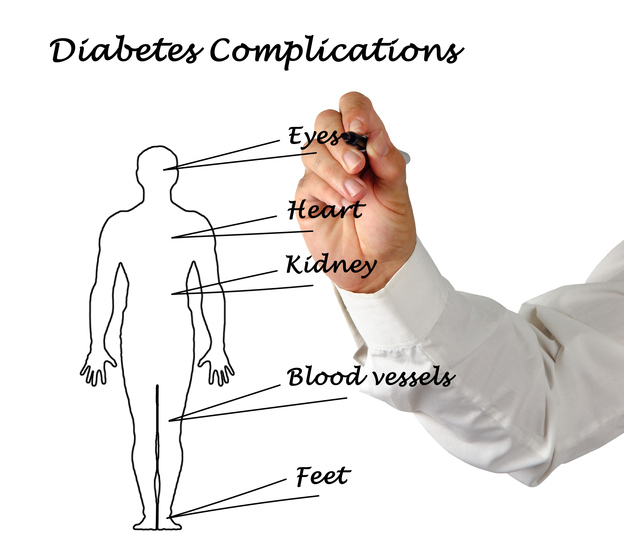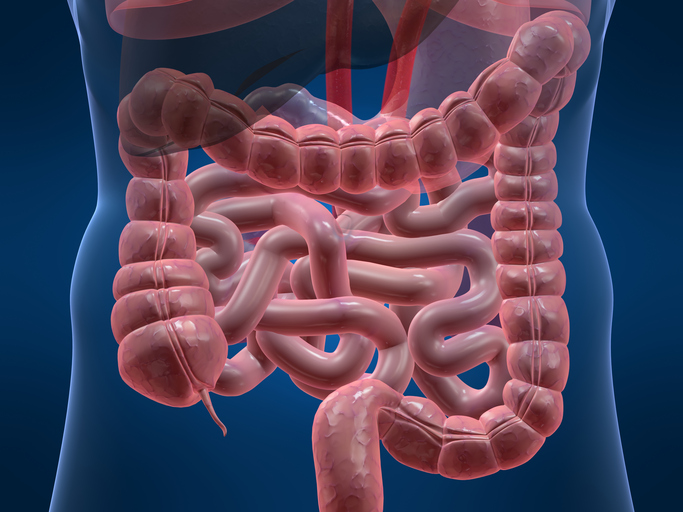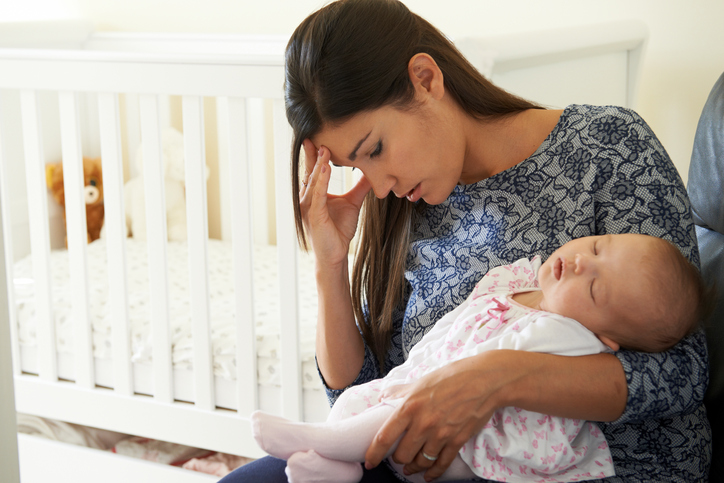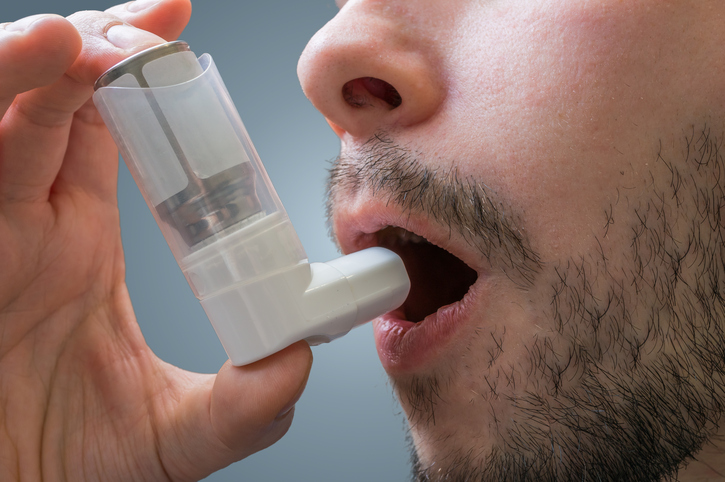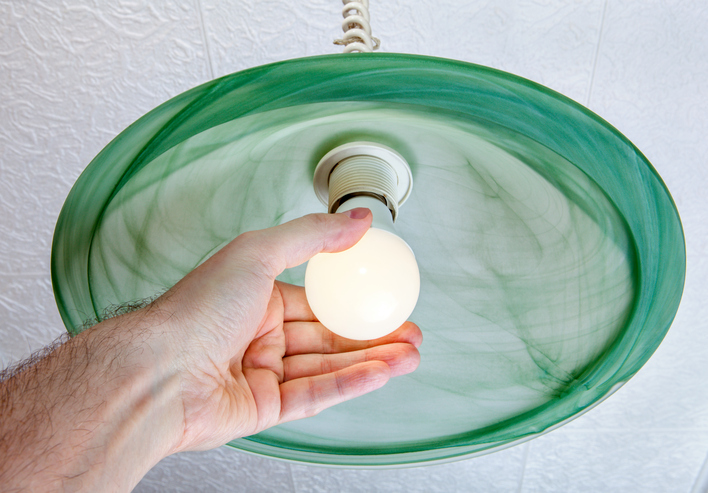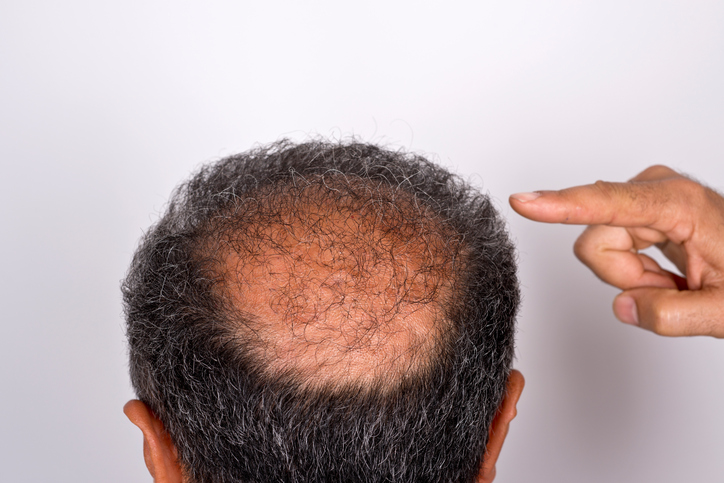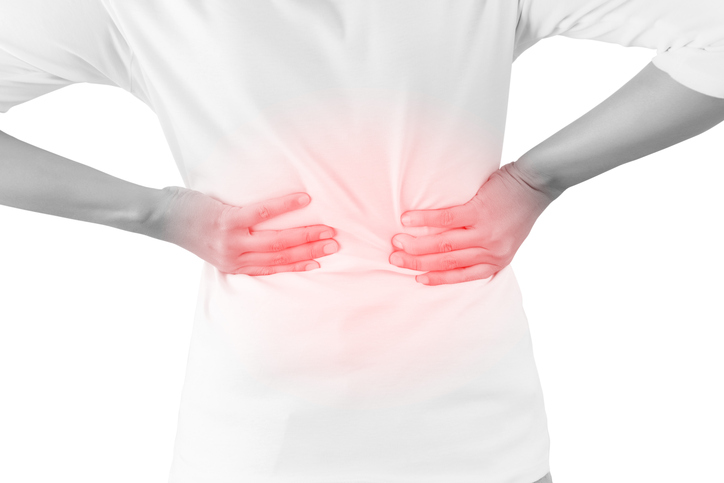Chronic kidney disease and diabetes, a novel link uncovered: Study
Chronic kidney disease has long been associated with diabetes, but a recent study has uncovered a novel link between the two conditions. The researchers found that when kidneys fail, the buildup of urea in the blood can lead to diabetes. Principal investigator Dr. Vincent Poitout said, “We identified molecular mechanisms that may be responsible for ...click here to read more

